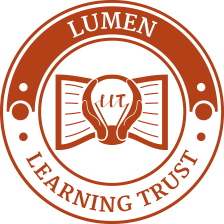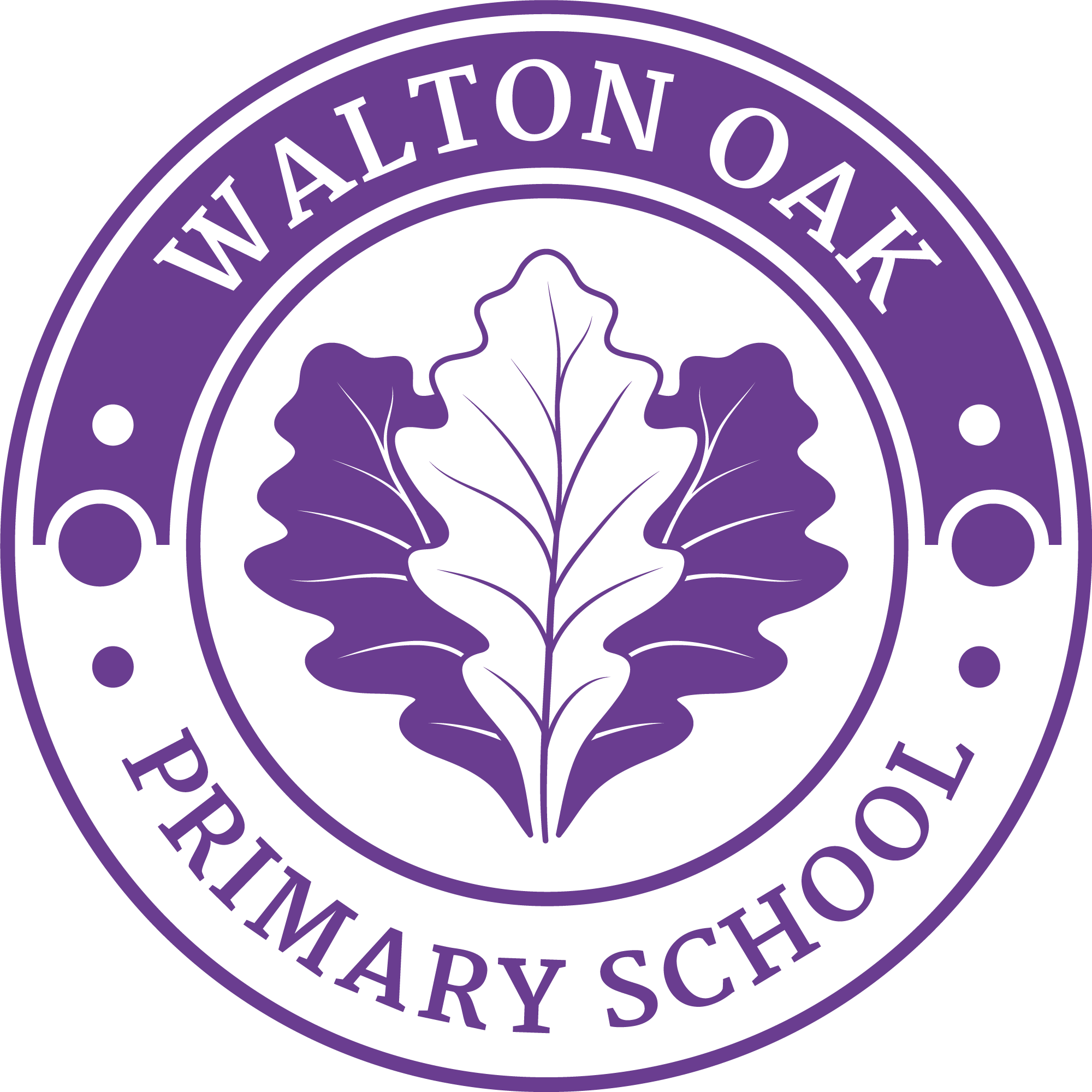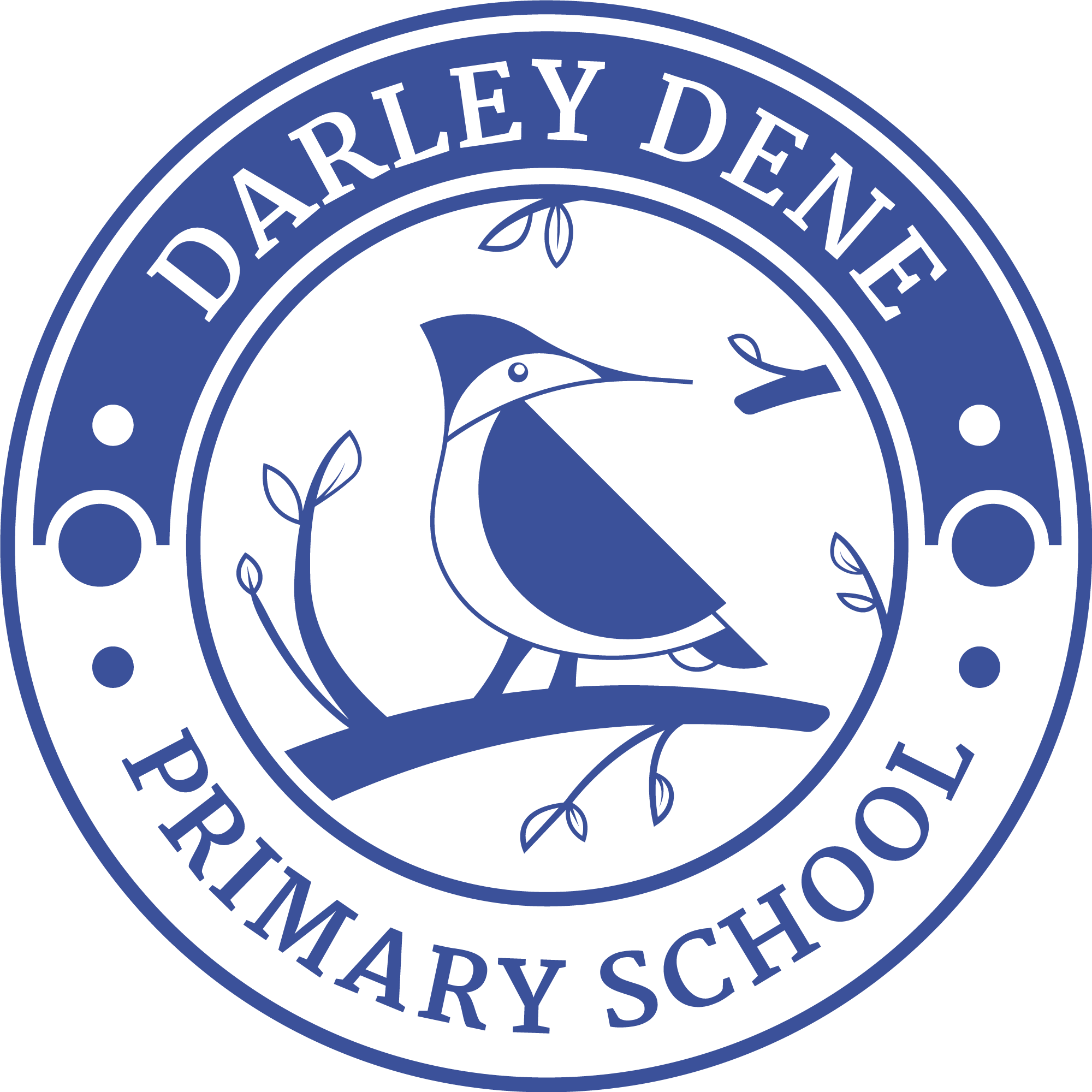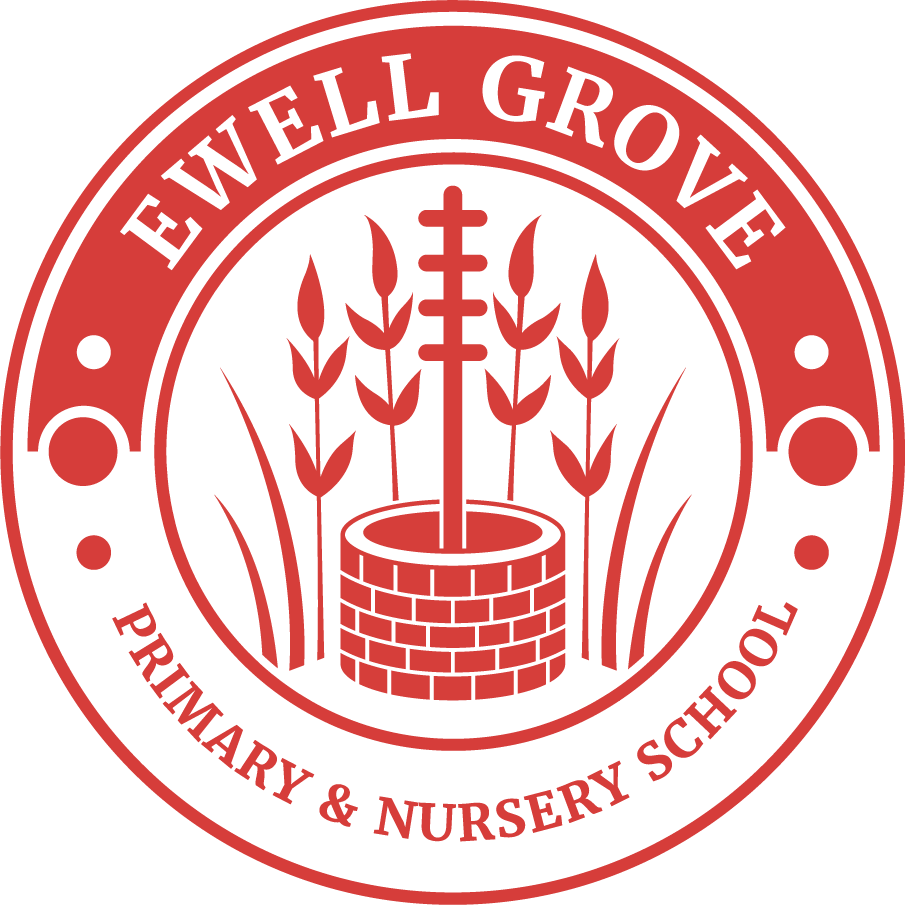Online Safety information for parents
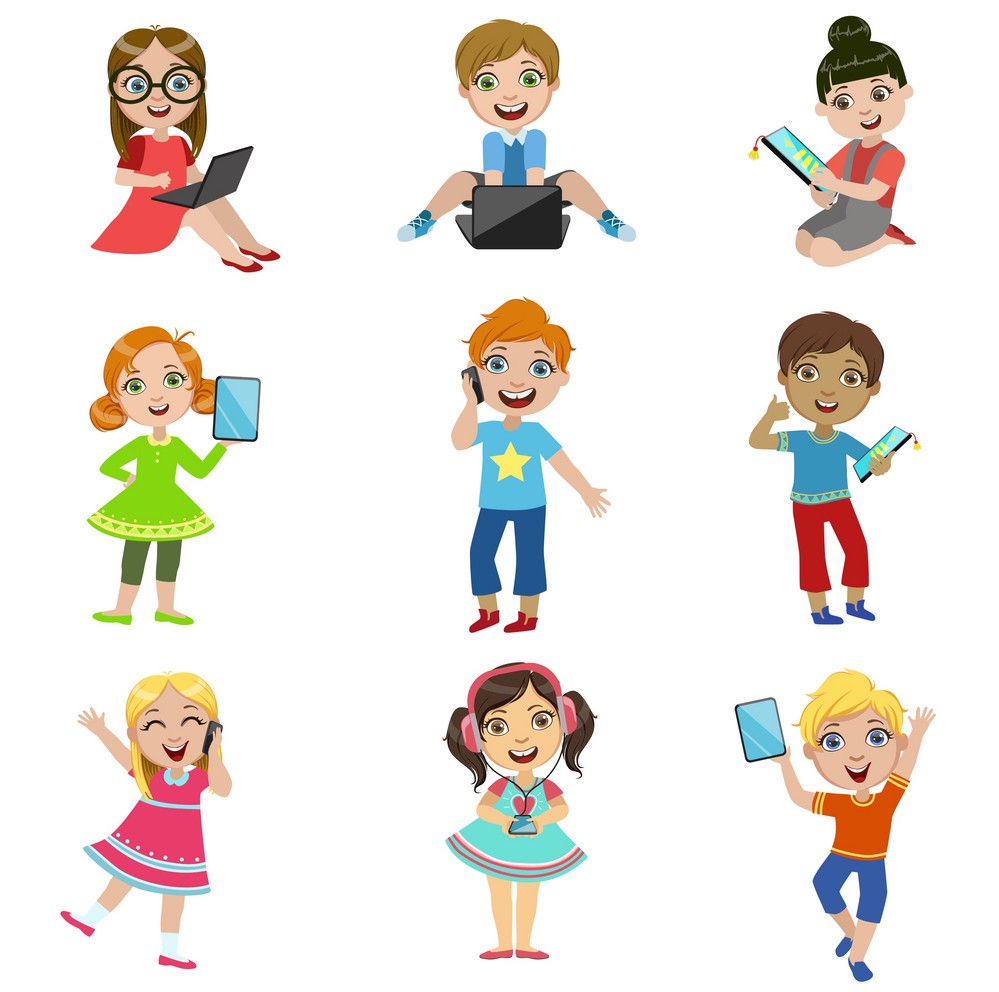 Our pupils are growing up in a world of ever-changing technology. While we feel that the use of technology is a largely positive aspect of modern life, we cannot ignore the risks that can be associated.
Our pupils are growing up in a world of ever-changing technology. While we feel that the use of technology is a largely positive aspect of modern life, we cannot ignore the risks that can be associated.
At Riverbridge Primary School we aim to:
- support children to use technology safely, respectfully and responsibly;
- recognise acceptable and unacceptable behaviour;
- identify a range of ways to report concerns about content and contact;
- identify where to go for help and support when they have concerns about content or contact on the Internet or other online technologies.
Our school policy on e-safety is written in line with Surrey School's guidance and advice and can be found on our school website. All children, parents, staff and governors have been asked to sign our "e-safety acceptable use agreement" which demonstrates our on-going commitment to safe guarding and keeping children safe. Staff and Governors receive Safe Guarding training which includes e-safety, annually.
Children at Riverbridge learn about e-safety through the Surrey School's e-safety scheme of work. This is taught from Year Reception to Year 6 and is done so alongside ICT and Computing. We also have a "Safer Internet Day" where we explore the potential risks online and the children are involved in making decisions about different scenarios presented to them.
Children in Year 5 and Year 6 take this learning a step further through LEAP Education and Coaching. A coach visits the school to run workshops with our older children to ensure they are ready for secondary school and are technology aware.
Various charities and organisations often visit Riverbridge and through assemblies remind children of Internet safety and acceptable use.
We understand that much of our pupil's use of the internet will occur at home, away from the school filters. Below are a list of useful websites, advice and resources that you may find helpful when navigating the issue of online safety with your child. At the bottom of this page are resources that your child can directly access as well to help them learn about online safety.
Useful resources and links
Thinkuknow
Click here to be taken to the Thinkuknow website
Thinkuknow is an education programme from the National Crime Agency’s CEOP Command. Since 2006, it aims to ensure that everyone has access to this practical information – children, young people, their parents and carers and the professionals who work with them.
Internet Matters
Click here to be taken to the Internet Matters website
A comprehensive web resource with a wide array of tips and advice on how to navigate the online world with your child. Some of their guidance we attach below but you can find even more by visiting the link.
National Online Safety
Click here to be taken to the National Online Safety website
National Online Safety's mission is to make the internet a safer place for children. They aim to do this by equipping school staff, parents and children with the knowledge they need to understand online dangers and how best to react should an incident arise. The link above provides up to date information about a wide variety of social media apps and platforms your child might be using.
NSPCC
Click here to be taken to the NSPCC website
The NSPCC are the first to admit that the internet is amazing. Children can play, learn, create and connect - opening up a whole world of exciting possibilities. But with the digital world changing all the time, how can you make sure your child’s staying safe? That’s where the NSPCC come in. Whether you’re an online expert or you’re not sure where to start, their tools and advice will help you keep your child safe.
Childnet
Click here to be taken to the Childnet website
Childnet International is a registered UK charity that aims to make the internet a safe place for children and young people. Packed with resources it is a great resource for parents.
CEOP
Click here to be taken to the online CEOP Safety Centre
Child Exploitation and Online Protection (CEOP) is part of the National Crime Agency and their website can be used to report if you are worried about online abuse or the way someone is communicating online.
A guide to Apps & Social Media
The number of apps and social media channels your child could be exposed to grow all the time, as does an app's functionality. We recommend you visit Net Aware to read the latest and most current advice on over 70 apps to ensure you know what they do, how you can limit their features as well as recommended age restrictions.
Click here to visit the Net Aware website.
The apps included are:
- Fortnite
- Snapchat
- YouTube
- Minecraft
- Clash of Clans & Clash Royale
- Kik
- Friv
- Dubsmash
- Wink
- YOLO
- TikTok
- And many, many more
Resources for children to use
Below are some links that children themselves can access for help when navigating the tricky subject of online safety,
Reception – Year 2
Below are a number of links that are tailored for children in the younger year groups.
Click here to go to the CEOP Education website for ages 4 to 7
Click here to visit the NetSmartzKids website
Click here to go to Childnet's Smartie the Penguin website
Year 3 – Year 6
Below are links more suitable for older children.
Click here to go to the CEOP Education website for ages 8 to 10
Click here to go to the NSTeens website

